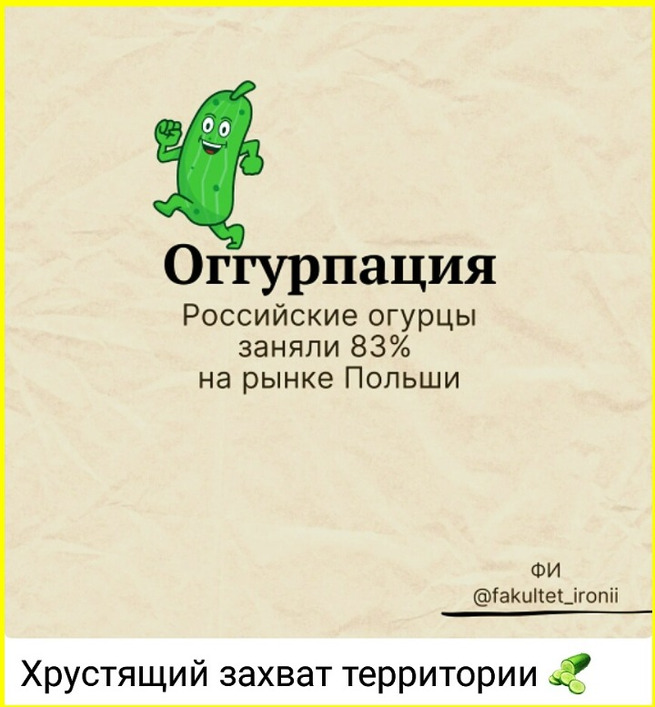Очень много сложностей возникает при изучение всего нового, и язык в этом отношении не исключение.
И конечно же, проблемы и сложности возникают и просто по жизни... как не прискорбно, но это составляющая часть нашего существования как человеческого социума, поэтому очень часто эта тема возникает и в разговорах между людьми на любом языке (если конечно их "культурные" особенности не табуируют эти темы), в т.ч. и на английском, так что сегодня мы займёмся устойчивыми выражениями на эту тему.
И естественно, потому что я уверен в программе "Английский как родной", я ещё раз напишу, что эта программа уменьшает количество проблем возникающих при изучении английского, а большую часть сложностей делает намного более легкопреодолимыми... так что - 25 и 26 ноября можете поискать промокод здесь: https://thyrise.com/ru/ и сделать более простой для решения ещё одну проблему возникающую при любом обучении - финансновую - скидка только 2 дня 50%!
---
be asking for trouble
If someone is asking for trouble, they are behaving in a way that makes it very likely that they will have problems.
Riding a bicycle in town after dark without lights is just asking for trouble.
bite off more than you can chew
If you bite off more than you can chew, you try to do a task that is too big for you or too difficult.
I didn't know if I could memorize a text of that length and started to worry that I had bitten off more than I could chew.
a Catch 22
A Catch 22 is an extremely frustrating situation in which one thing cannot happen until another thing has happened, but the other thing cannot happen until the first thing has happened.
Note: This expression comes from the novel Catch 22 (1961), by the American author Joseph Heller, which is about bomber pilots in the Second World War. Their ‘Catch 22’ situation was that any sane person would ask if they could stop flying. However, the authorities would only allow people to stop flying if they were insane.
There's a Catch 22 in finding a job. You need experience to get work and you need work to get experience.
Note: You can also talk about a Catch 22 situation.
It's a Catch 22 situation here. Nobody wants to support you until you're successful but without the support, how can you ever be successful?
a/the fly in the ointment
If someone or something is a fly in the ointment they prevent a situation from being as successful or happy as it would be without them.
Note: Ointment is a creamy medicinal substance for treating pain or wounds.
The only fly in the ointment is Bella's lack of concentration.
not have a leg to stand on
If someone does not have a leg to stand on they are in a very weak position, because they cannot prove a claim or statement they have made.
You'd never win if you went to court. Our lawyers said you wouldn't have a leg to stand on.
in over your head
If you are in over your head you are in a situation that is too difficult for you to deal with.
Note: Here, the reference is to getting into water that is too deep to stand up in.
He realized that he was in over his head, and that only his family could help him.
Note: You can also say that someone gets in over their head if they get into a situation that is too difficult for them.
Kelly told the hearing he got in way over his head and became afraid after the prisoner threatened him and his family.
out of the frying pan into the fire or from the frying pan into the fire
If someone has gone out of the frying pan into the fire or from the frying pan into the fire, they have moved from a bad situation to an even worse one.
I was hoping to get my career back on track after a bad time, but as it turned out, I'd gone out of the frying pan into the fire.
an own goal
An own goal is a course of action which is intended to bring you an advantage and which instead causes a problem for you. [BRITISH]
Note: In sports such as football and hockey if someone scores an own goal, they accidentally score a goal for the team they are playing against by knocking the ball into their own net.
It was a classic own goal by the fashion house. They brought their prices down to attract more customers but lost the high-end customers that they already had.
put your foot in it
If you put your foot in it you say something which embarrasses or offends the person you are with, and embarrasses you as a result.
I put my foot in it straight away, referring to folk music. Tom sat forward and glared. 'It's not folk music, man. It's heritage music.'
a stumbling block
If you describe something as a stumbling block you mean it is a problem which stops you from achieving something.
It's her attitude that's the biggest stumbling block.
teething problems or teething troubles
Teething problems or teething troubles are problems in the early stages of something. [BRITISH]
Note: When babies are teething their teeth are starting to appear through their gums, often causing them pain.
There are bound to be teething problems in a new marriage.
Some teething troubles aside, the new computer system works well.
a vicious circle
If you describe a difficult situation as a vicious circle you mean that one problem has caused other problems which, in turn, have made the original problem even worse.
Note: It is impossible to prove the truth of one statement by a second statement, which in turn relies on the first for proof. The expression is a translation of the Latin ‘circulus vitiosus’, meaning ‘a flawed circular argument’.
The economy couldn't create jobs because consumers weren't spending. Consumers weren't spending because the economy wasn't creating jobs. And this was the vicious circle we were caught in.
---
Хотите аудио для всех идиом на конте? Если да - подписывайтесь на TELEGRAM и на следующей неделе мы начнём давать ссылки на аудио этих уроков (и не только...): https://t.me/thyrisefree
---
Поддержите автора: https://my.qiwi.com/form/ALEKS...
Предыдущая статья: https://cont.ws/@thirdromestar...
---
Заговорите на английском не вставая с дивана, с помощью программы "Английский как родной": https://thyrise.com/ru/all-eng...






Оценили 0 человек
0 кармы